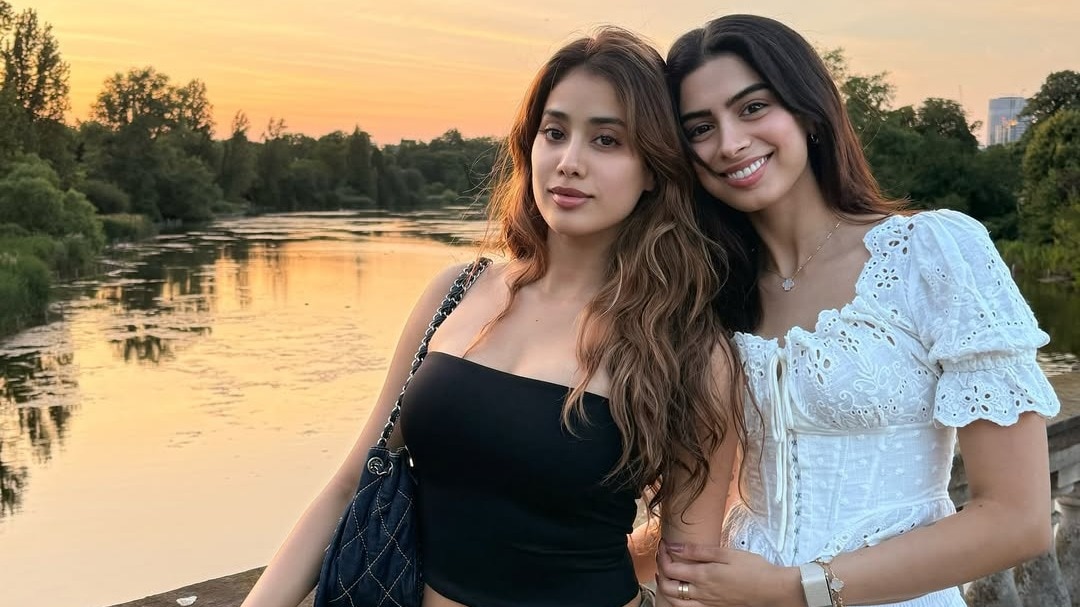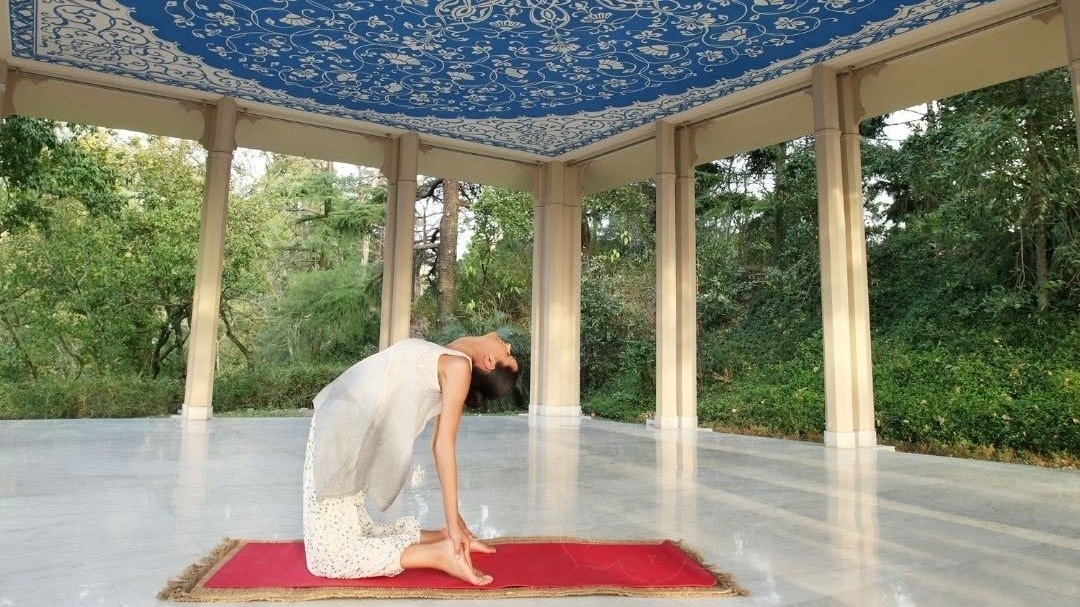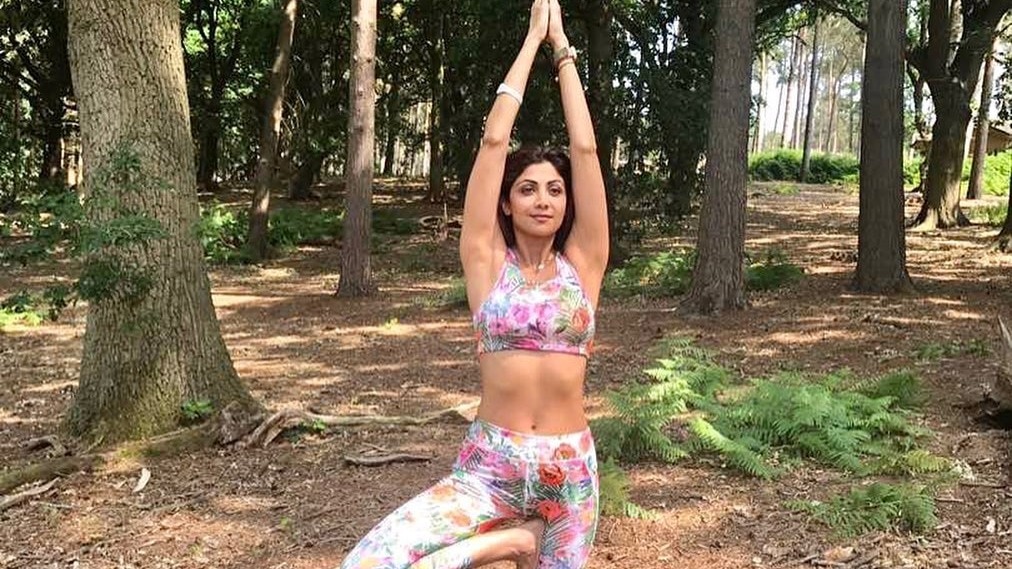- Home
- Lifestyle
The real world, according to Santanu Bhattacharya


In a literary landscape often drawn to escapism, Santanu Bhattacharya writes with an unflinching gaze on the real world. A bestselling author renowned for his deeply human stories, Bhattacharya artfully blends sharp social observation with lived experience to craft intimate—and universal—narratives. Against the changing legal and cultural tides of LGBTQIA+ life in India, his latest novel, Deviants, explores themes of love, identity, and generational pain. In this candid interview with HELLO!, he opens up about the discomforts of writing, the erasure of queer literature in South Asia, and why the next generation gives him both hope and urgency.
How would you define your creative voice, and what sets your work apart in today’s constantly changing landscape?
It’s difficult to define or label one’s own voice or work because it comes from so many different inspirations—lived experience, observations, sharing of people, what’s in the news—and then builds up over a significant period of time. I like writing about the real world and the real people who inhabit it. For me, art is not a form of escapism or entertainment, as it has come to be defined in recent times; it’s holding a mirror up to ourselves and looking at our world and our lives in all their beauty, ugliness, and quirks. And I think maybe that is the only constant through all my writings—that I love to bring to life subjects and situations that feel very ‘real’, as though anyone could step into the shoes of my characters, and that gives them a sense of ownership over the stories.
Is there an aspect of your book-writing process that’s often misunderstood? What deeper takeaway do you hope your readers gain?
Writing is difficult and uncomfortable. This is usually not talked about or understood. People think words just flow out of good and/or experienced writers. That’s never the case. There’s a lot of thinking and research and clarity that goes alongside the writing. And every time one has to stare at a blank page, it’s back to feeling like a first-timer. And then there’s the hours of sitting down and writing, months of editing, copyediting, proofreading, etc. It’s a long haul!
Your book, Deviants, touches on love, identity, and societal change. What drew you to explore these themes in the context of India’s changing legal and cultural landscapes regarding homosexuality?
I grew up gay at a time when Section 377 was being used indiscriminately, and the internet had suddenly made it so easy to out people. My entire generation was living in so much shame that when we got decriminalised in 2009, we didn’t really know what to do with that freedom. But also, there was the trauma of the re-criminalisation in 2013, which was such a slap in the face. We’d already known that we were living in a very hostile society with very little hope for change. But to see the state and judicial machinery at work against us common citizens was a real wake-up call. I wanted to capture that experience of shame and trauma but also extend the narrative out on both sides. I wanted to pay tribute to the people who came before us and had no language even to talk about their sexuality, who lived lives in abject silence. And then the current Gen-Z, who seem a lot more empowered and comfortable in their skins but have their own share of risks and challenges to navigate, including the refusal to grant marriage equality. It was only when the tri-generational idea came to me that I got really excited about writing Deviants.
The backdrop of the story, from the 1970s to contemporary Bengaluru, must have required significant research. What was the most surprising discovery you made while researching the historical and cultural context of the book?
To understand the Gen-Z experience, I spent a lot of time online, viewing reels and content I wouldn’t usually watch. I also signed up for apps to understand the interactions. The deeper I went, the more trapped I felt, both in how addictive they were and yet so utterly fruitless in forming any kind of tangible connections, but also I was realising how my data and preferences were being sold on, and I was constantly being advertised these make-believe AI-generated products that could apparently transform my entire life! It truly felt like living inside a dystopian movie.
In researching the past, I realised just how little there was in terms of queer literature in South Asia. There seem to have been decades of absolute erasure of our stories from public and literary consciousness. It felt absolutely bizarre and unacceptable.
Are there any artists, movements, or fields that influence your work?
I would be remiss if I didn’t mention Ismat Chughtai’s short story, Lihaaf, published in 1942, which is probably the most well-known piece of work on female same-sex desire in colonial and post-colonial times. It continues to inspire film and theatre even today! Because literature is so lacking in telling queer South Asian stories, I turned to film a lot (or the few that exist). Deepa Mehta’s Fire was a huge part of my awakening as a sexual minority. When it was released in 1996, the reaction it got showed me, as a young boy, just how much hatred exists in society for my kind of people. Onir’s My Brother Nikhil and I Am were also such forces of nature. Rituparno Ghosh will forever be an icon; he was a sporting queer when we didn’t even know what it meant. Both his persona and his work were so transgressive and radical. We lost him way too early, and sometimes I find myself wondering what kind of films he’d be making if he were alive today.
One book that changed your life.
This is very difficult to answer. But if I really, really had to choose one, I would say The Reluctant Fundamentalist by Mohsin Hamid. I had just become an adult, and there was something so fresh and crisp and smart about a global South Asian voice which was also so rooted. It felt both aspirational in that it was something I wanted to be and something I wanted to write.
What are you looking forward to saying HELLO! to?
Some peace in the world. The end of the genocide we’re all silently witnessing. Some reality checks for the crazy political leaders we seem to have ended up with all over the world. Just more hope, more joy, more lives saved.
This piece originally appeared in the April-May’25 print edition of HELLO! India



